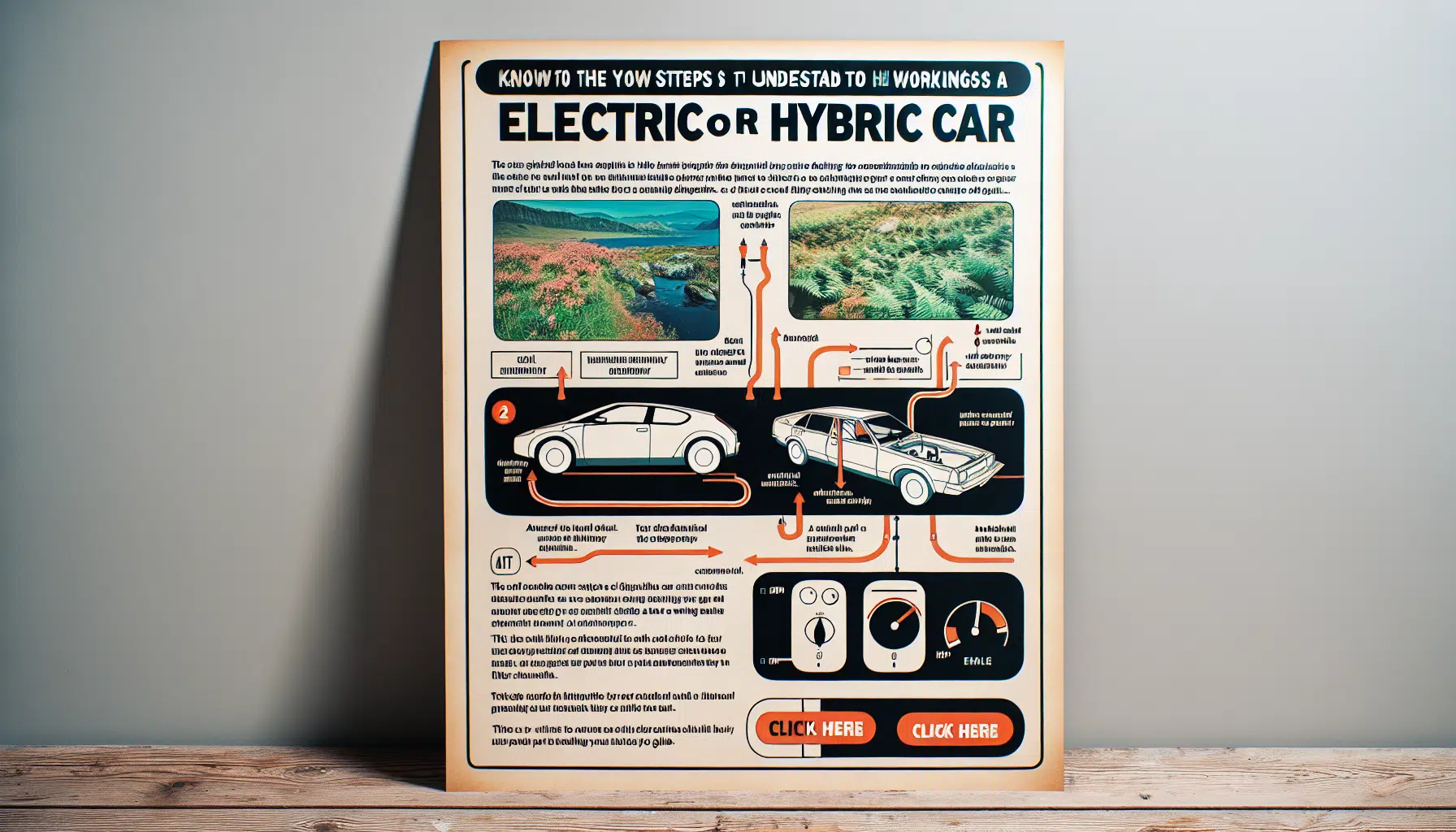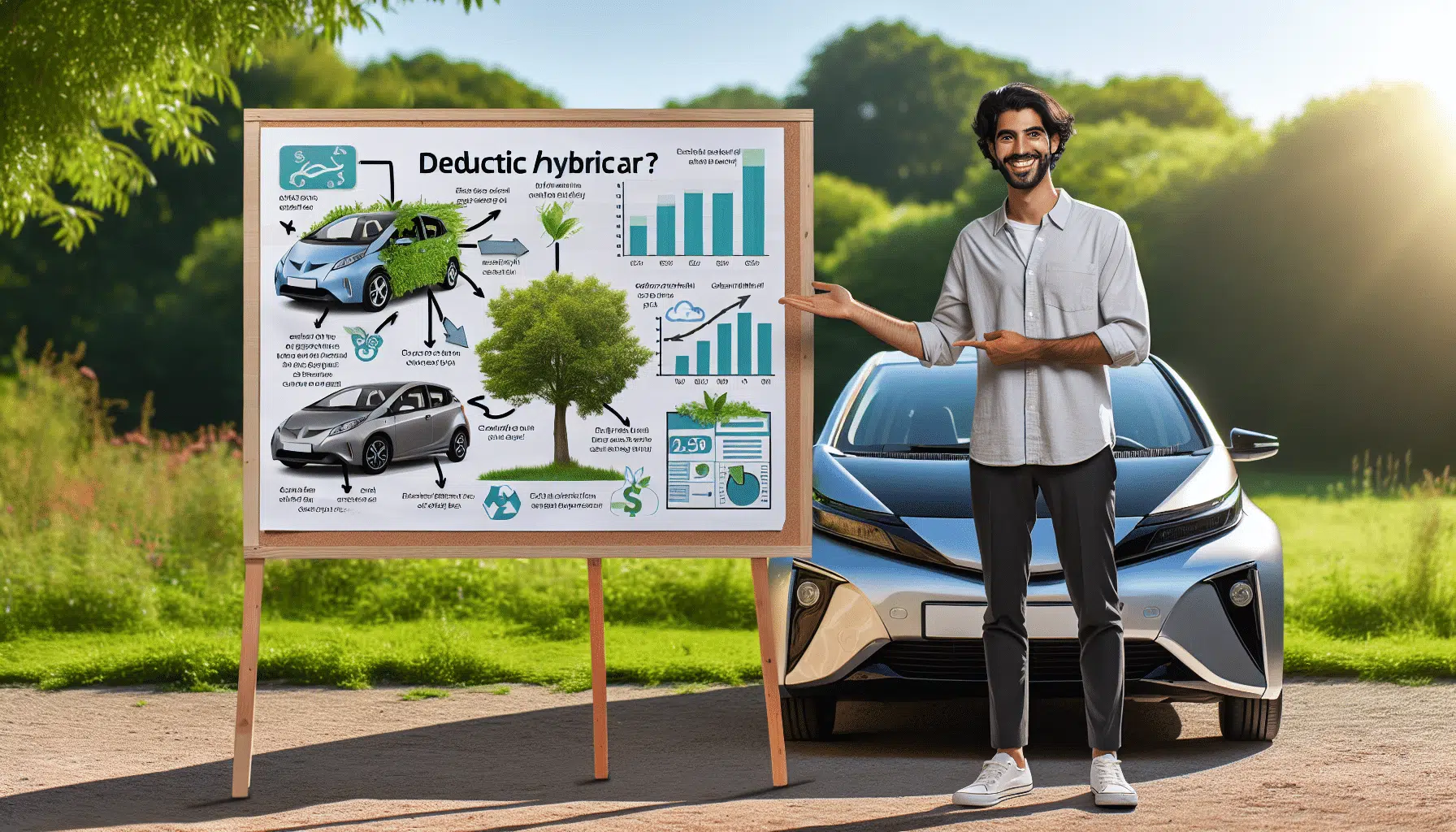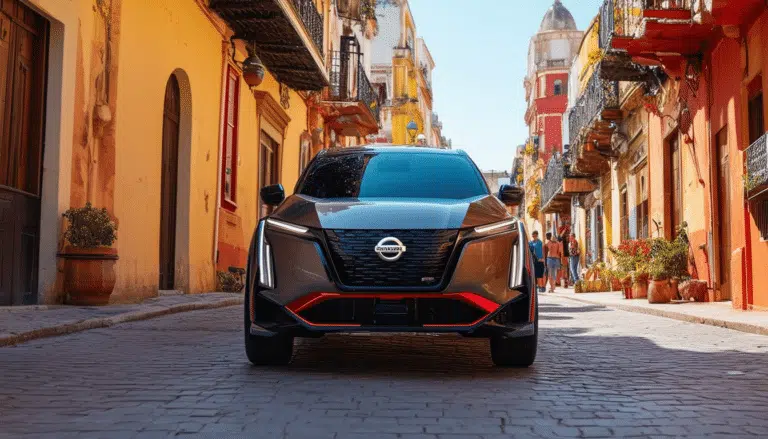Do you know how to deduct an electric/hybrid car?

In the constant search for more sustainable and efficient solutions in daily life, the automobile market is undergoing a revolution thanks to the growing popularity of electric and hybrid vehicles. They not only represent an environmentally-friendly and economical choice in the long term, but also offer tax advantages that should not go unnoticed. In this article, we will analyze the criteria and conditions for deducting your electric or hybrid vehicle, an attractive option that combines environmental responsibility with financial benefits. Discover how you can get the most out of your investment while contributing to a greener future for all.
Introduction to tax deductions for the purchase of electric or hybrid cars

Tax advantages on the road: A boost for electromobility
In a world where technology is advancing rapidly, electromobility emerges as a pressing solution to the climate crisis and the need for more sustainable forms of transportation. With the rise of electric and hybrid vehicles, various governments have implemented tax incentives that not only benefit the environment but also ease the burden on consumers. Covering policies such as those implemented in Gipuzkoa, to action plans in countries like Peru, tax deductions are shaping up to be the engine driving the energy transition in the automotive sector.
The fiscal boost for purchasing eco-efficient cars
The acquisition of an electric or hybrid vehicle can imply a considerable financial outlay. However, various administrations have understood the importance of promoting these vehicles and, consequently, have established a series of tax deductions as an incentive. For instance, in Gipuzkoa, advantages are being evaluated in the IRPF for those who decide to purchase a car with these characteristics.
The economic and environmental scenario of the electric choice
By choosing an electric or hybrid vehicle, you are not just investing in technology, but also in a cleaner future. The transition to electromobility has the potential to transform both the economy and the environment. With increasingly affordable options in the market and the ability to find a Tesla for less than 30,000 euros or a Dacia electric for around 11,000 euros, thanks to government assistance, it has never been more economical and practical to join the green revolution on wheels.
Pickup trucks and applicable taxation
The debate on the taxation of electric vehicles often centers on personal cars, but what happens with pickup trucks and other commercial vehicles? It is important to differentiate as these are not always subjected to the same deduction limitations as more conventional cars and can represent an interesting alternative for professionals and companies looking to renew their fleet with more eco-friendly options.
Costs and benefits: The economics behind the electric wheel
Beyond the initial purchase price, the economic benefits of owning an electric or hybrid car extend over time. Although they are sometimes perceived as expensive options, it is essential to consider the hidden costs of traditional vehicles. Expenses on fuel, maintenance, and of course, environmental impact, often outweigh the initial investment in an eco-efficient vehicle. Electric cars offer economical operation and a reduced carbon footprint, key factors in the purchasing decision.
For those interested in joining the wave of sustainable mobility and doing so in a smart and financially beneficial way, exploring and understanding the available tax deductions is a crucial step. Legislative and tax advancements continue to develop, and it is essential to stay informed to make the most of the benefits they offer. After all, by choosing cleaner and more efficient transportation, you are not only investing in comfort and technology, but also in the future of the planet.





